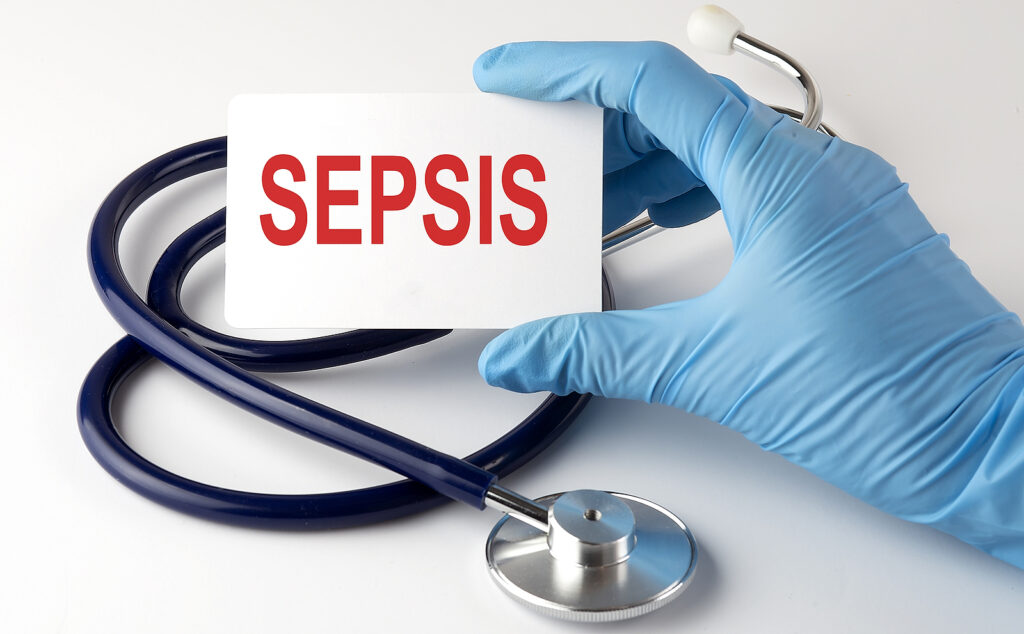Home Health Care: Understanding the Causes and Treatments for Sepsis in Older Adults
Home Health Care: When you have an infection, sometimes the body responds in an extreme manner.
Sepsis affects around 1.7 million U.S. adults each year, leading to organ failure and tissue damage. About 270,000 adults die from this severe reaction. Older adults have a higher risk of developing sepsis after an infection. Chronic health conditions like cancer, COPD, diabetes, and kidney disease also increase the risk. If your parent has a wound or infection, you must keep it clean. It’s always best to consult with the family doctor and check into home health care to help keep your senior healthy.

Home Health Care in Loudoun County VA: Sepsis
What Are the Signs of Sepsis?
A surgical incision can become septic, but it’s not the only way this type of infection occurs. A splinter in the finger may become septic. Sometimes, a bad case of the flu may lead to sepsis. Even a UTI can lead to sepsis. The earlier it’s diagnosed, the better the chances of recovery.
Some of the signs of sepsis are not always thought of as being an infection. Common symptoms include fever, confusion, a rapid heart rate, low blood pressure, pain, clamminess, and shortness of breath.
If sepsis occurs, antibiotics are given. Surgical removal of damaged tissue is also required. It’s likely your mom or dad will be hospitalized for this treatment.
Home Health Care: Tips for Preventing Sepsis
Sepsis can happen in any infection. One of them is the seasonal flu. Make sure your parents get the flu shot. It may not prevent it from hitting, but it lowers the severity. Do the same with other vaccinations like shingles, COVID-19, and TDAP, and pneumonia. Vaccines help your parents avoid many common illnesses, which lowers the risk of infection.
If your parent has diabetes, check the feet regularly for blisters and sores. If there is an open wound of some form, keep it sterile and covered with waterproof bandages. Seek medical attention if you have concerns about the wound not healing.
When your mom or dad gets a cut, scratch, or scrape, clean it with soap and water, apply an antibiotic ointment, and cover it with a waterproof bandage. If they get a splinter, remove the entire splinter and clean the remaining wound. If you can’t get the whole splinter, contact the family doctor.
After surgery, you should consider arranging home health care services for wound care. Sure, you can take care of the bandage changes for your mom or dad, but a skilled nurse is a better idea. Nurses are trained to identify possible infections, maintain a sterile environment while tending to the wound, and communicate signs of infection with your parent’s doctors.
Talk to a home health care agency about your parent’s needs. It’s better to have a home health care nurse available to ensure wounds heal properly following any medical procedure.
If you or an aging loved-one are considering hiring Home Health Care in Loudoun County, VA, please contact the caring staff at LivinRite Home Care.
Call Us Today at (703) 634-9991.
Sources:
https://www.cdc.gov/sepsis/what-is-sepsis.html
- Skilled Nursing: Offering Peace of Mind for Seniors Aging in Place - April 8, 2025
- Can Physical Therapy Help Seniors Learn How to Fall Safely? - March 27, 2025
- Senior Home Care Helps Keep Aging Adults Safe in the Kitchen - March 11, 2025
